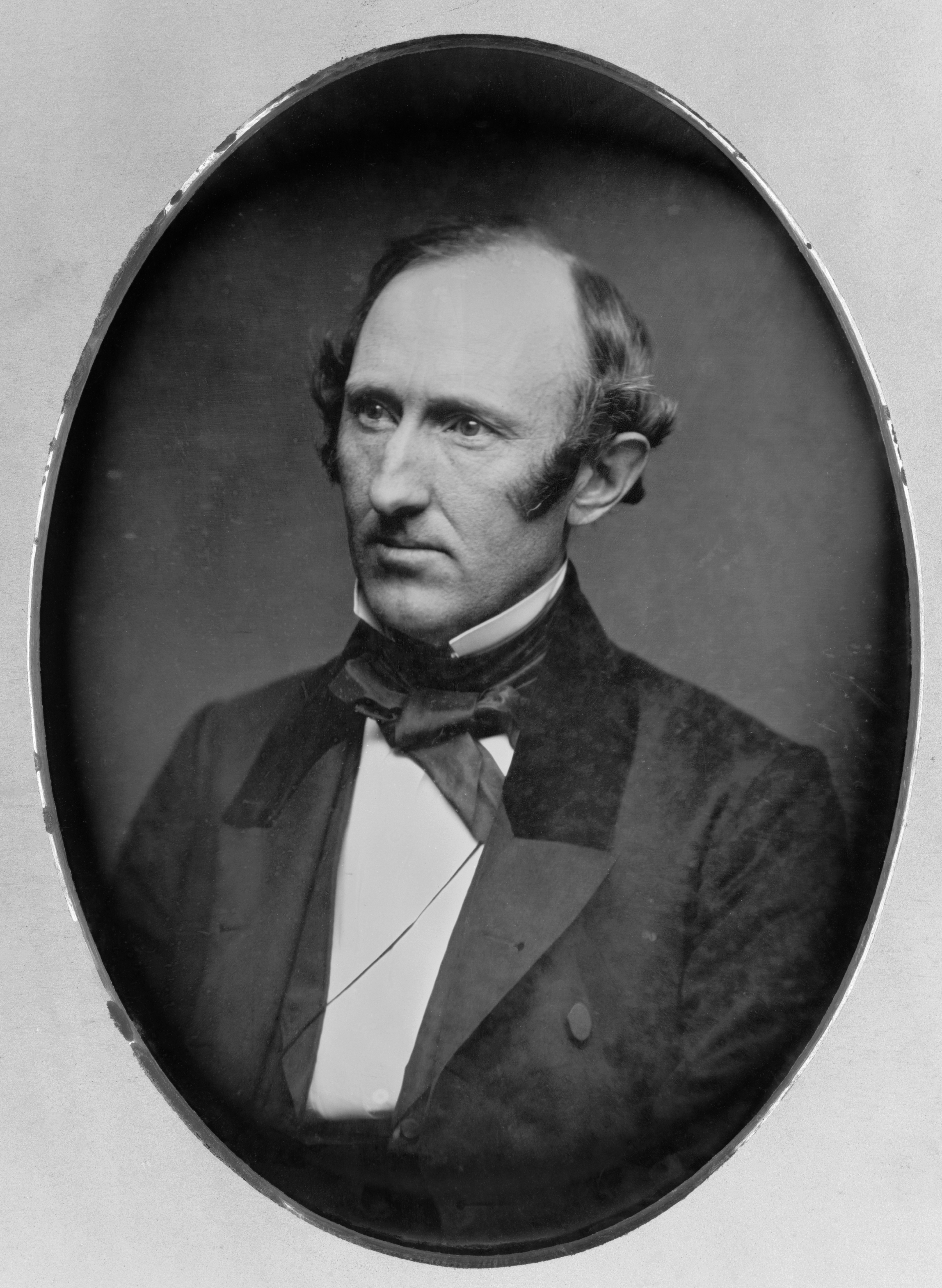
Wendell Phillips. Source: Wikimedia.
"External vigilance is the price of liberty, power is ever stealing from the many to the few," said American abolitionist Wendell Phillips in a speech in 1852.
Sadly, at least when it comes to school choice, my fellow libertarians and conservatives appear to have misplaced their priorities while standing vigilantly against the encroachment of bad government.
Lindsey Burke, a policy analyst at the conservative Heritage Foundation, worries that "furthering federal entanglement in the funding of education through new federal programs would be unsound and would come at the expense of state, local, and parent decision-making."
Max Eden, a scholar from the Manhattan Institute, worries that a federal program would prohibit scholarship organizations from setting aside funds for specific schools or groups. "This restriction would not only limit donor interest to well under $20 billion a year," he wrote. "It would also exert pressure on existing state programs to drop their moral mission and conform."
Free-market conservatives and libertarians have retreated on school choice, leaving Education Secretary Betsy DeVos and President Trump alone holding the banner for a federal program.
Their worries would make sense if the Trump Administration were still contemplating a $20 billion voucher initiative. But there's good news. Recent headlines suggest the more likely path to federal school choice would a tax credit scholarship program. This is an approach to school choice that relies on private, voluntary contributions rather than direct government subsidies.
(more…)

Sen. Rubio visited several classrooms at Florida College Academy, including this second-grade class. The students were in the midst of a social studies lesson on goods and services.
U.S. Sen. Marco Rubio, R-Fla., used a Tampa-area private school as a backdrop Tuesday to highlight his proposal for a federal school choice program that resembles Florida’s tax credit scholarships.
Under the bill he filed in February, low-income parents anywhere in the country would be able to defray private school tuition with scholarships funded by individuals and corporations who make donations in return for federal tax credits.“I think school choice means that every parent in America, irrespective of how much money you make or don’t make, should be allowed to put their kids in any educational environment they deem fit," Rubio said during an hour-long visit to Florida College Academy in Temple Terrace. "And I think what’s sad about the current status across most of our country is that the only people who don’t have school choice are the people who need it the most."
Rubio’s bill isn’t the first school choice bill considered at the federal level, but it may be the most sweeping. It would make private schools an option for low-income families in states that don’t currently have vouchers or tax credit scholarships, essentially bypassing resistance from teachers unions and school boards and, in some cases, state constitutions.
Individuals could give up to $4,500 a year to “scholarship granting organizations” in return for dollar-for-dollar tax credits. Corporations could give up to $100,000. The SGOs would award scholarships to students whose household incomes do not exceed 250 percent of the federal poverty level. For a family of four, that's $58,875 this year.
It's not clear what the per-scholarship amount would be. In Florida, a tax credit scholarship this year is valued at $4,335. (more…)